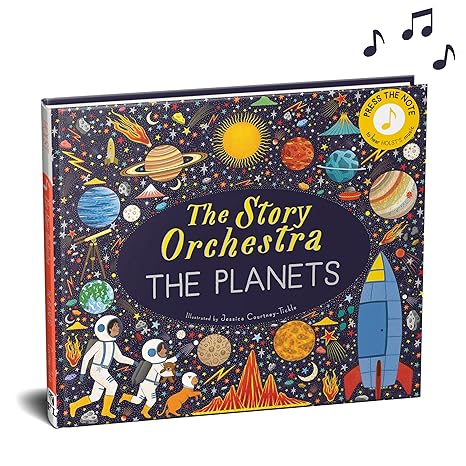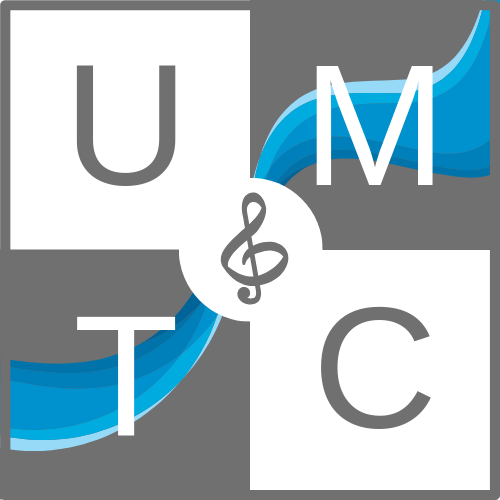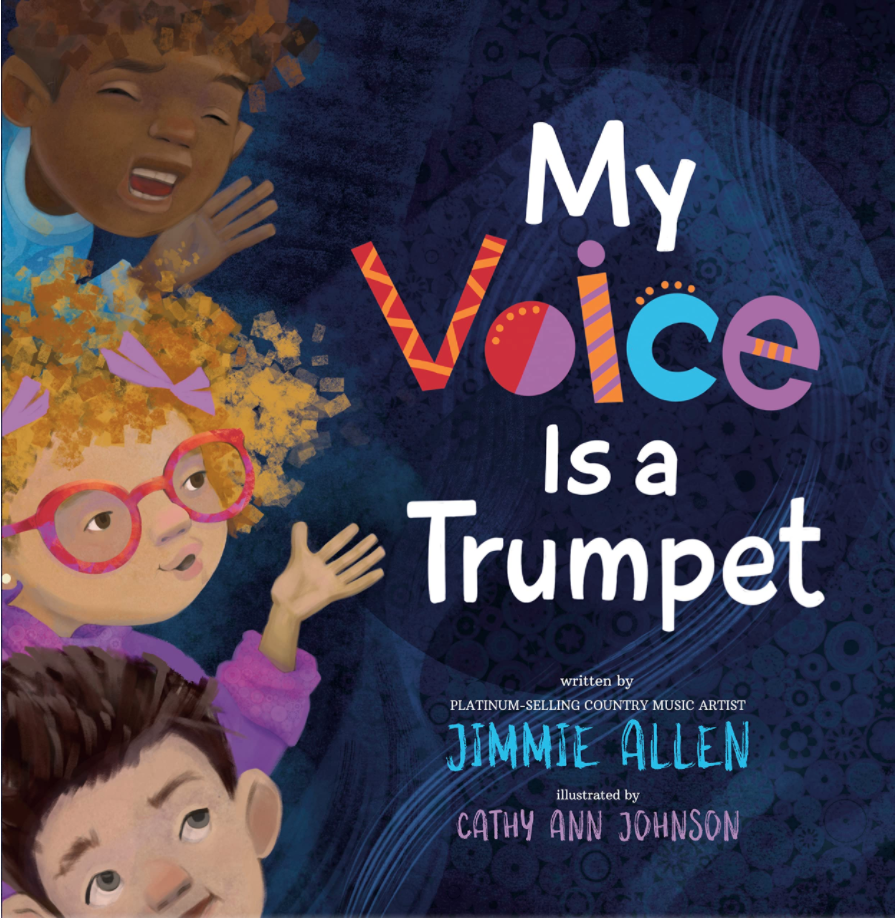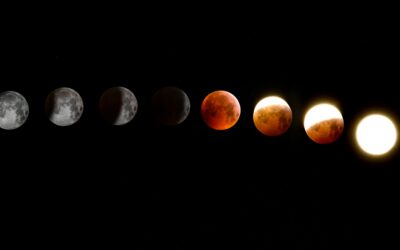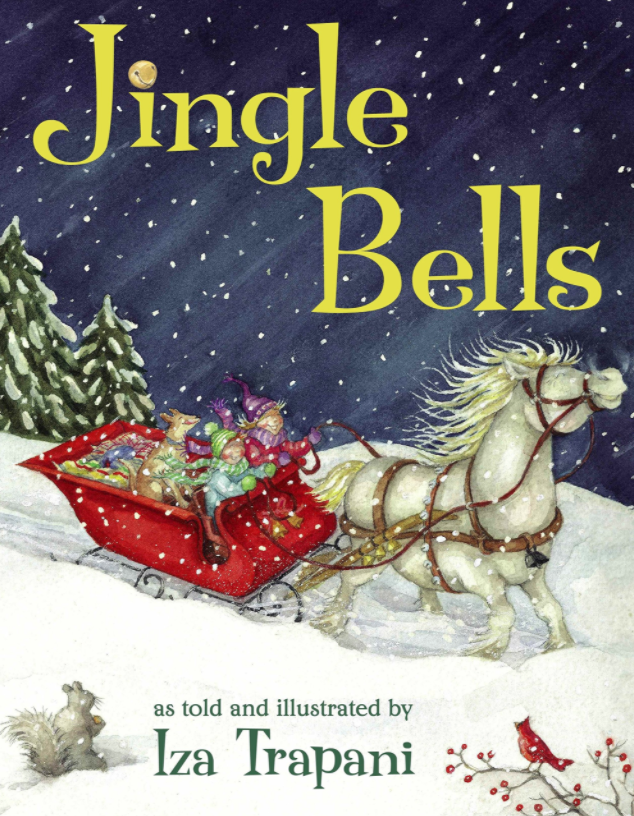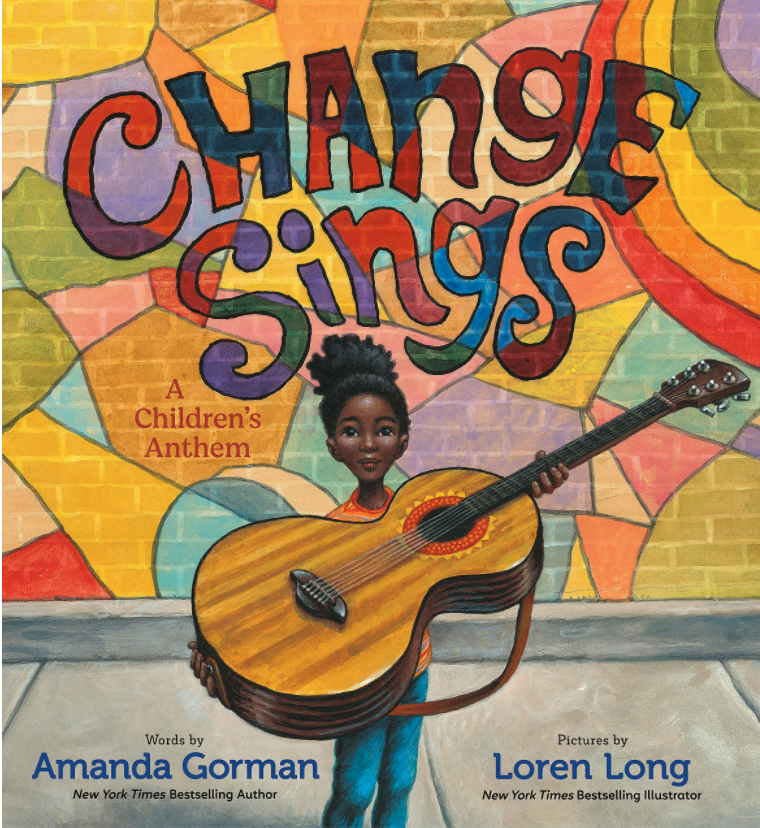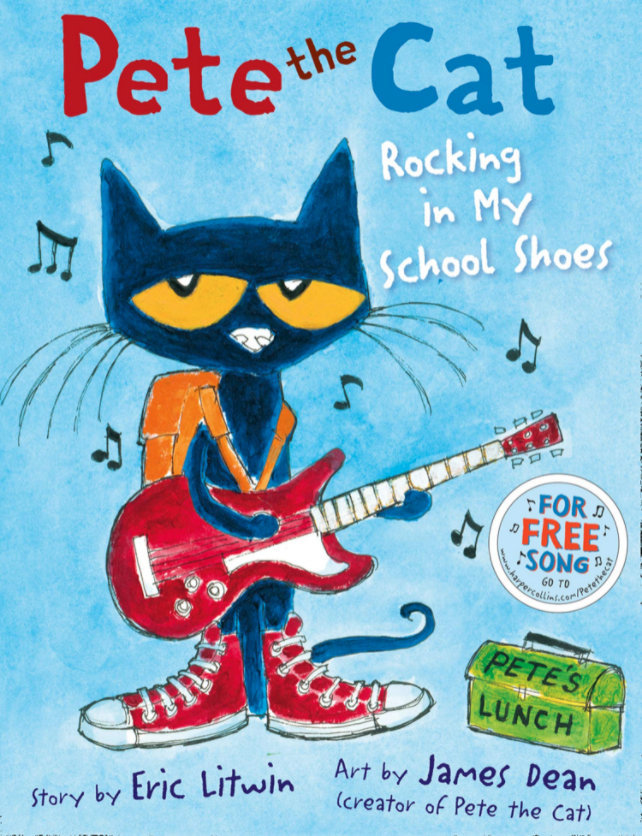Blog...
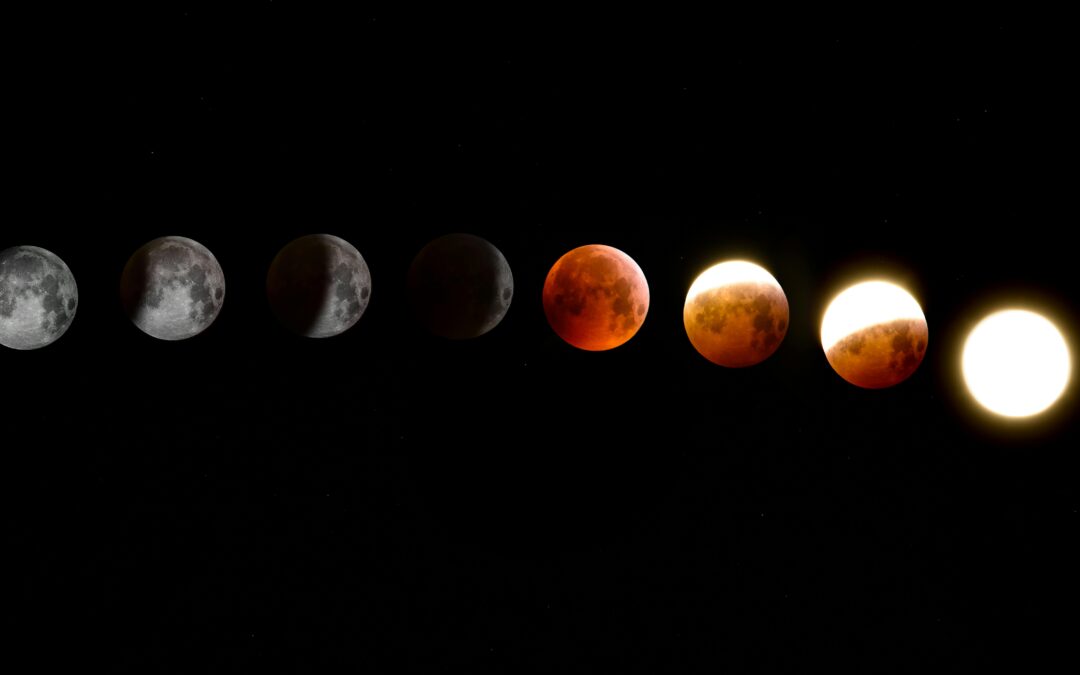
The Planets: A Story Orchestra
Blog post written by Abby Hamel
On April 8th, 2024, an out-of-this-world event will occur: the solar eclipse! Rochester is lucky enough to be in the path of totality for this eclipse and I can feel the excitement around me. The Planets by Helen Mortimer is the newest installation in “The Story Orchestra” series where the reader is taken on a musical journey along with learning a little bit about each planet in the solar system.
I love “The Story Orchestra” books because they take great works of music such as Tchaikovsky’s Swan Lake, Mozart’s The Magic Flute, or Vivaldi’s The Four Seasons and turn them into stories for everyone to enjoy. A notable feature of these books is the last page, where readers can learn more about each clip they heard in the book, the composer, and some important music terminology.
Each page has a musical note with snippets from Gustav Holst’s orchestral suite The Planets to accompany our two main characters on an adventure throughout our solar system. While reading the book, Jessica Courtney-Tickle’s illustrations bring to life how vast and mysterious our galaxy really is. The two explorers we follow visit the three planets closest to Earth, make their way through the asteroid belt, and onwards to the outer planets. There are an array of skills to be learned and practiced while reading this book, such as astronomy, memory recall, and musical terms.
Astronomy
Readers will learn about each planet and a trait unique to that planet such as the volcanoes of Venus, why Uranus is blue, and how many rings Saturn has! Each musical piece paired with the page reflects the traits of these planets, which help in adding more layers to the story.
Memory Recall
There are many memorable moments throughout the story. Reading a few times can generate so many questions such as, what music did your child like hearing the most? Does this match their favorite planet? It may also present an opportunity to recall information they learn in school, like how long it takes Neptune to make one full rotation around the sun.
Musical Terms
As mentioned above, there is a glossary in the back of the book that contains musical terminology to learn. This may be a helpful tool when reading the information that accompanies the clips heard throughout the story. The terminology learned in the back of the book may also be carried over to listening to music on the radio, not just classical music!
With the celestial event of the year upon us, The Planets is a great gateway into classical music and learning more about our very own solar system.
Click here if you’d like to purchase this book on Amazon!
Blast off!
